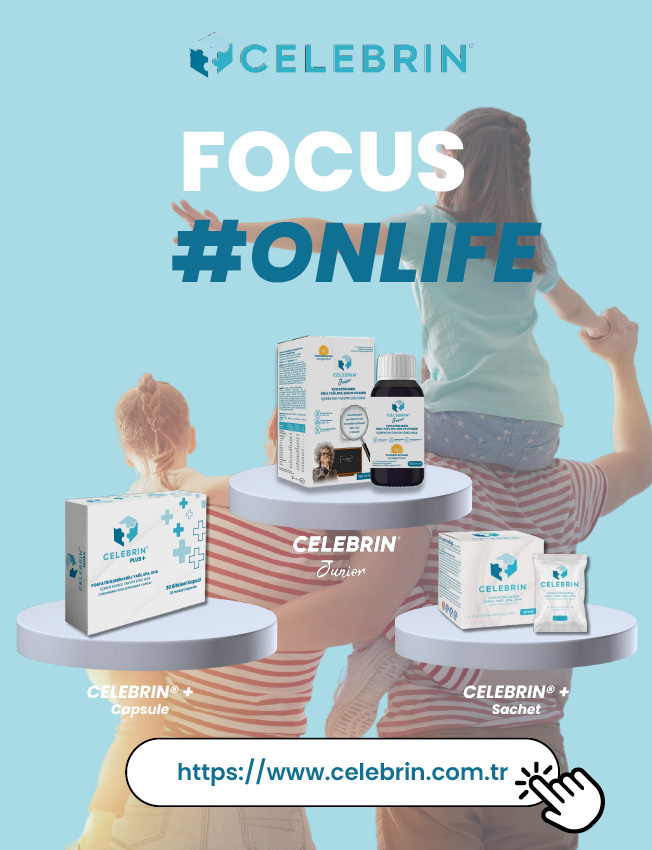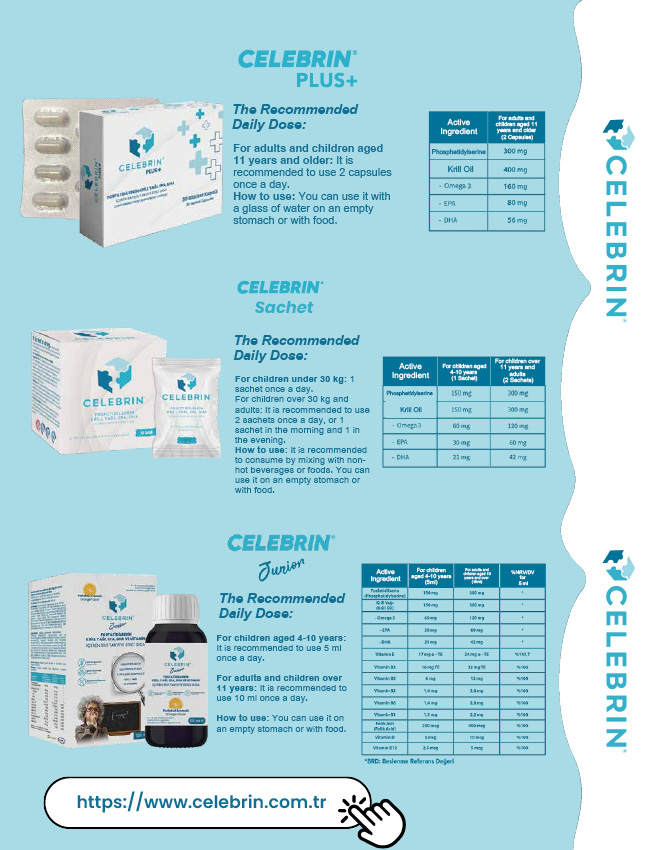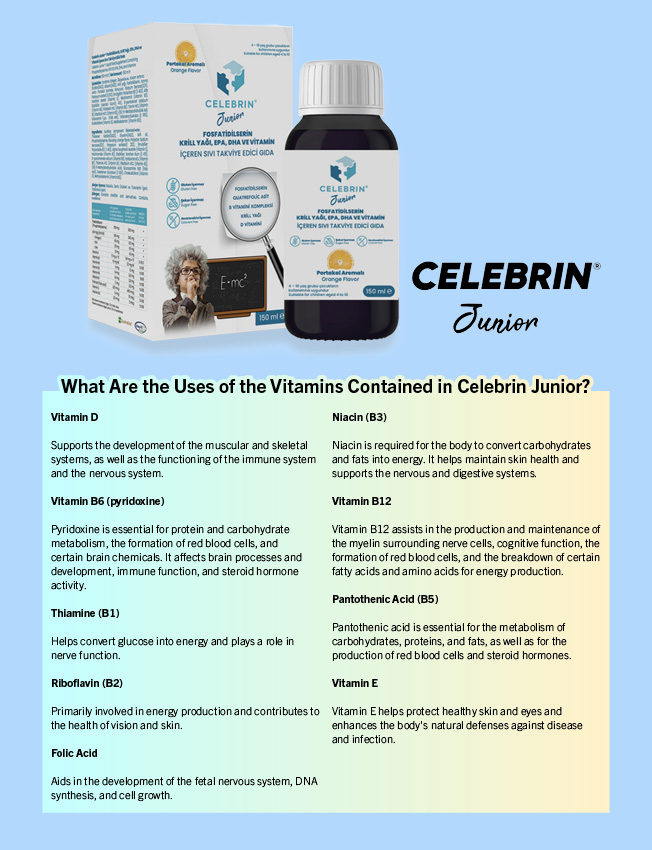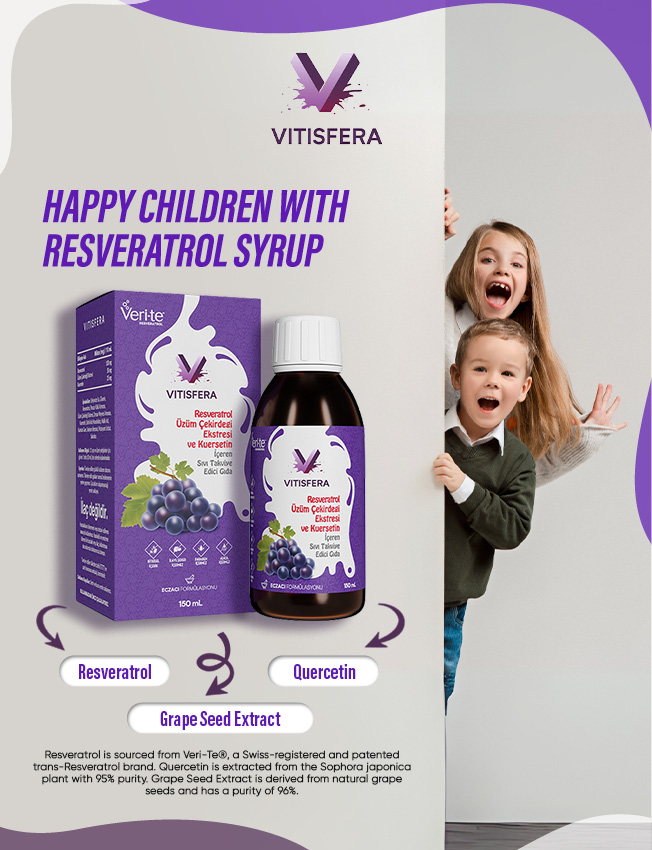10 Ways to Cope with Menopause During the Summer
- If you experience menopause between ages 40–45, be sure to consider HRT (hormone replacement therapy). We now know that taking HRT for 5 years or less does not increase the risk of breast cancer.
- Stay in cool and shaded areas as much as possible. Choose light, cotton, and light-colored clothing. Avoid tight, elastic, and synthetic fabrics that stick to the body.
- Take frequent cold showers or use cold compresses when necessary.
- Since metabolism slows down, pay attention to your diet.
- Eat light, healthy, and balanced meals.
- Consume foods rich in omega-3 fatty acids, calcium, and vitamin D.
- Avoid spicy and overly fatty foods.
- The Mediterranean diet is ideal during this period.
- Prefer protein-rich meals at lunch and vegetable salads with yogurt for dinner.
- Avoid eating fruit at night as summer fruits are high in sugar.
- Avoid syrupy and doughy desserts.
- To boost metabolism and burn fat, add flaxseed and turmeric to your salads.
- Drink plenty of water. Since sweating increases, your body’s need for water also rises. Try to drink at least 2 to 2.5 liters of water daily.
- Limit alcoholic and caffeinated drinks, as they can increase sweating and hot flashes.
- Exercise regularly. Aim to walk at least 7,000 steps per day. Exercise reduces stress and improves sleep quality.
- Try to reduce stress by practicing relaxing techniques like yoga, meditation, or deep breathing exercises.
- Due to vaginal dryness, you may experience frequent urinary tract infections and similar complaints. Consult your doctor and use vaginal moisturizing cream twice a week.
- Since estrogen decline causes skin dryness and thinning, choose high-SPF sunscreens for protection.









